Jazz and politics go way back. Throughout its history the music has been involved with underground resistance movements in Nazi Germany and Communist Russia. It was inextricably entwined with civil rights campaigns in the United States and it played a part in the struggle against South African apartheid. In 2012, a host of jazz heavyweights (among them Roy Haynes and Joe Lovano) came out in support of Barack Obama in the run up to the US elections and it was that event that provided the inspiration for last night’s Barbican spectacular, Jazz For Labour: A Concert For Fairness and Diversity, the latest chapter in the politico-jazz story.
Andy Sheppard kicked things off, cheeks bulging as he circular breathed his way onto the stage and set up a shimmering reel, before indulging in some microphone trickery and juxtaposing a jaunt through Jerome Kern’s “Look for the Silver Lining” with steel drum-like multiphonics. A rousing welcome from parliamentary candidate Bob Blizzard gave way to short sets from Juliet Kelly and a hyperactive Tim Garland, appearing with Phil Meadows on alto saxophone and venerable drummer John Marshall, who livened-up a rendition of “Afro Blue”, his hi-hat ticking like a turbo-charged pacemaker.
Christine Tobin and Phil Robson slowed the pace before a run of first-set highlights. Soweto Kinch (below) freestyled on audience suggestions of "liberty", "ambition", "beer", "organised", "unity" and "revolution", derived from the letters of the word "Labour". Liane Carroll delivered a punchy, gospel-inflected rendition of “Take Me Home” by Tom Waits, and a set of Anglo-Bengali fusion from willowy clarinettist Arun Ghosh – throughout which he bobbed and weaved like a cobra – brought the house down.
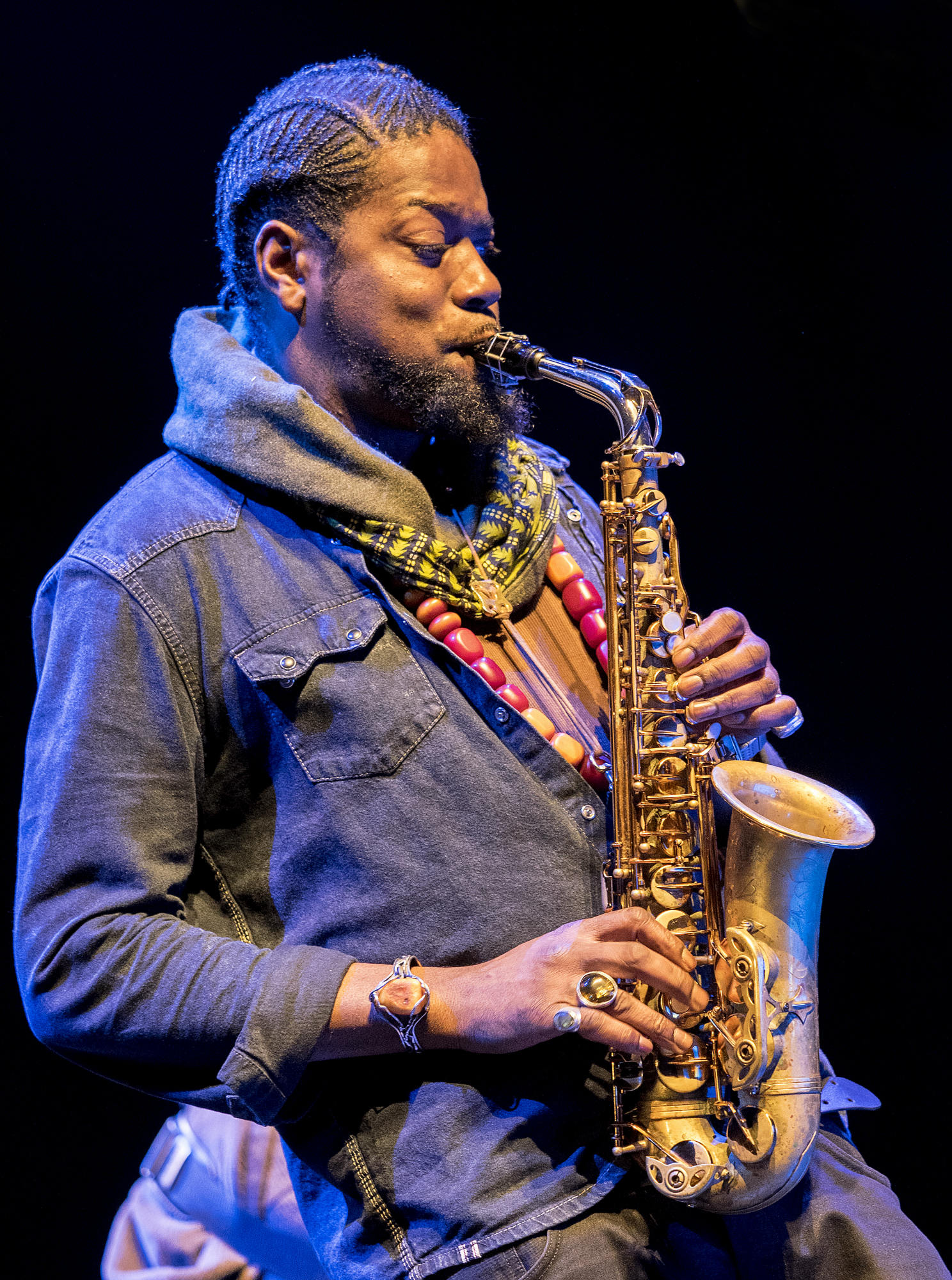 A babbling address from Rachel Reeves and John Prescott, who seemed scarcely in control of his enthusiasm, got things going again and the diversity continued with Darius Brubeck providing transatlantic support and a supremely polished set. Saxophonist Dave O’Higgins’s quicksilver solo on “Ravely Street” was one of the best of the night and Brubeck’s blues lines on “I Don’t Stand A Ghost Of Chance With You” (dedicated to the Tories) were deliciously lazy.
A babbling address from Rachel Reeves and John Prescott, who seemed scarcely in control of his enthusiasm, got things going again and the diversity continued with Darius Brubeck providing transatlantic support and a supremely polished set. Saxophonist Dave O’Higgins’s quicksilver solo on “Ravely Street” was one of the best of the night and Brubeck’s blues lines on “I Don’t Stand A Ghost Of Chance With You” (dedicated to the Tories) were deliciously lazy.
Alex Webb’s Cafe Society Swing made for a fine follow-up and vocalist Vimara Rowe provoked a scattered standing ovation with an electric performance of “Strange Fruit”. Ian Shaw took the stage in the name of gay rights and Claire Martin and Liane Carroll came to join him for a rendition of “You’ve Got A Friend” that revelled in charity benefit camp.
A bleary-eyed take on “Goodbye Pork Pie Hat” by a loop pedal-toting John Etheridge was both sublime and understated and provided a moment of calm before a Courtney Pine shred fest, complete with YMCA-esque audience arm-waving and a bizarre episode of unison jumping that brought things to a close.
Musically speaking, Jazz For Labour was far from flawless, but then you wouldn’t expect that from a show full of last-minute collaborations and fleeting turns – a show with an agenda and a purpose beyond music-making. What matters is that it felt historic, and, as a worthy addition to jazz’s political back catalogue and a rare snapshot of the diversity of the British scene, it certainly achieved that. Here’s hoping it was swingin’ enough to swing the vote.

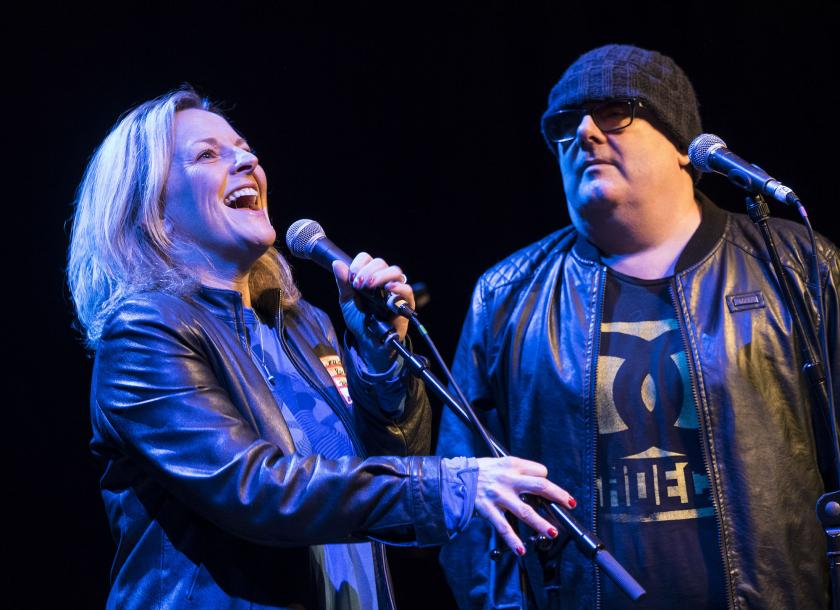



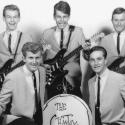
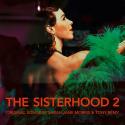
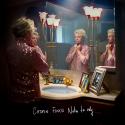


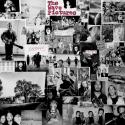




Add comment